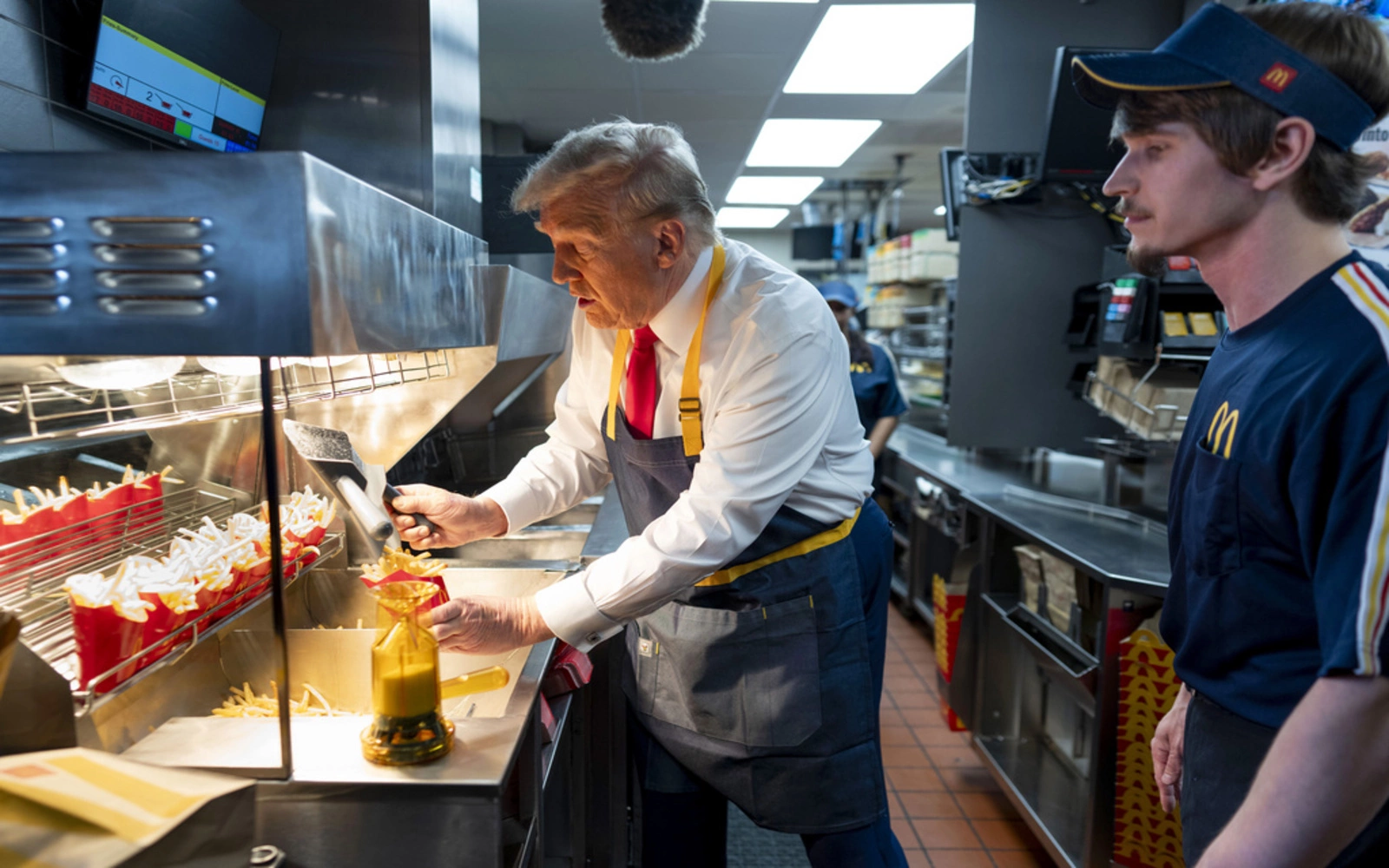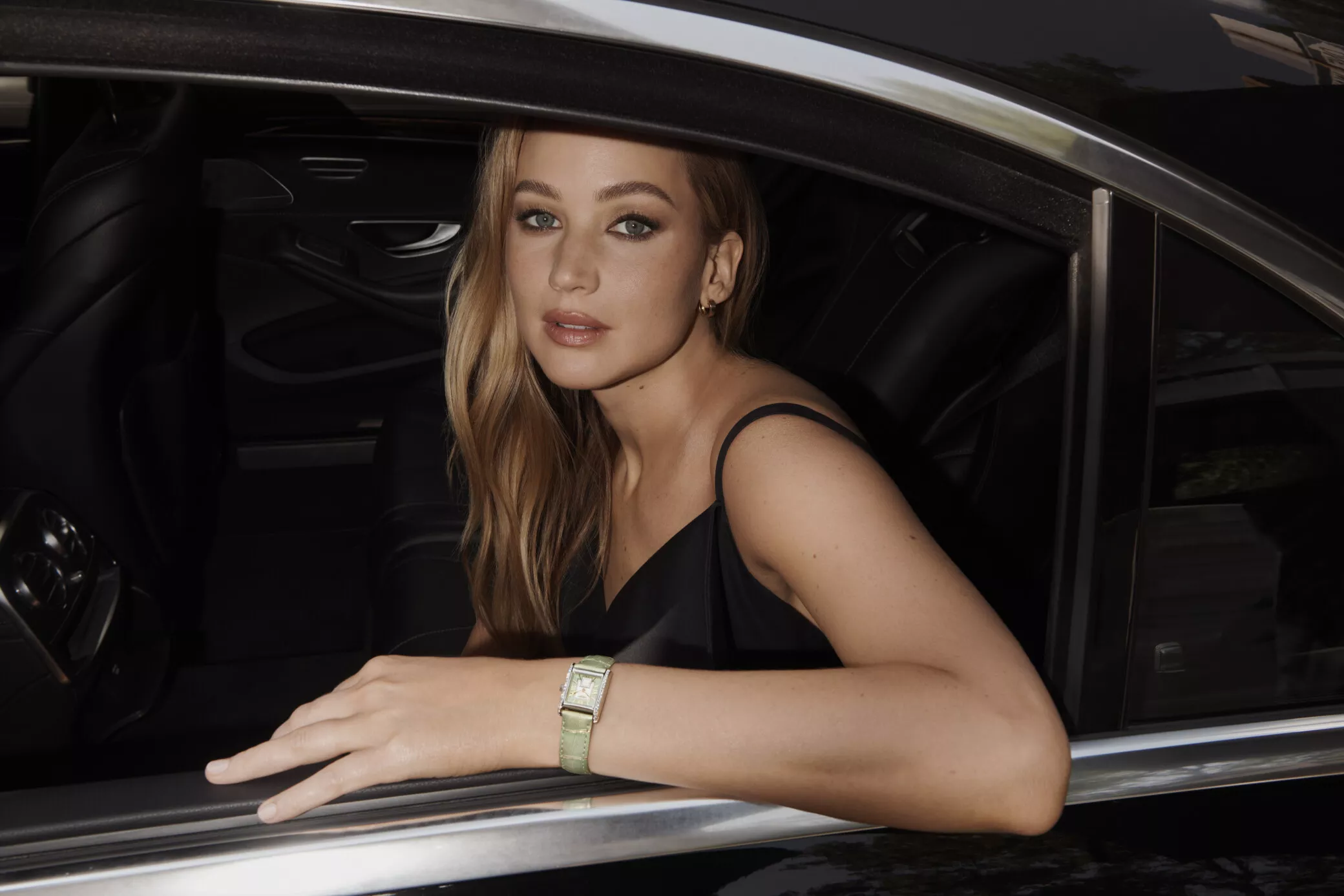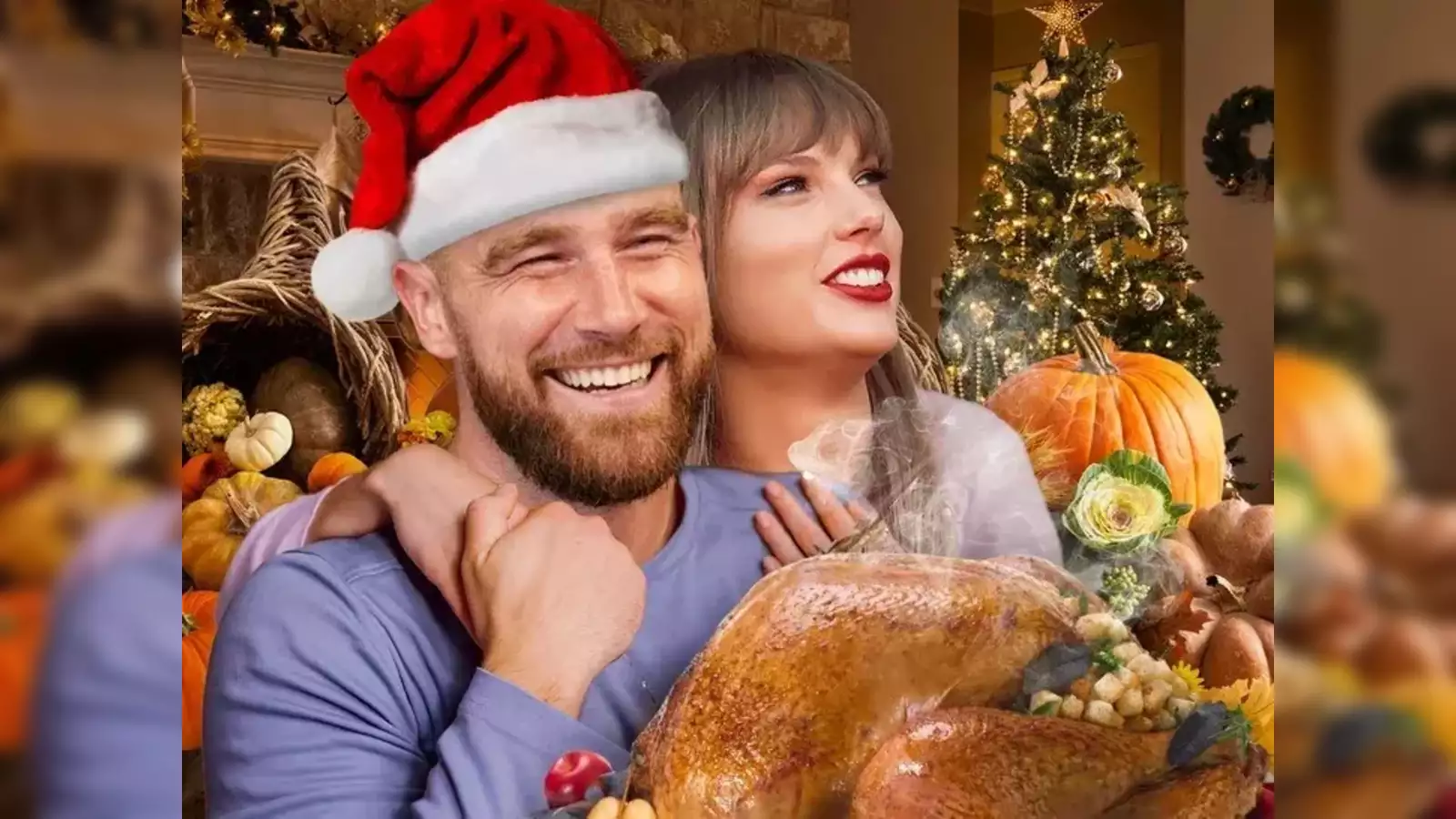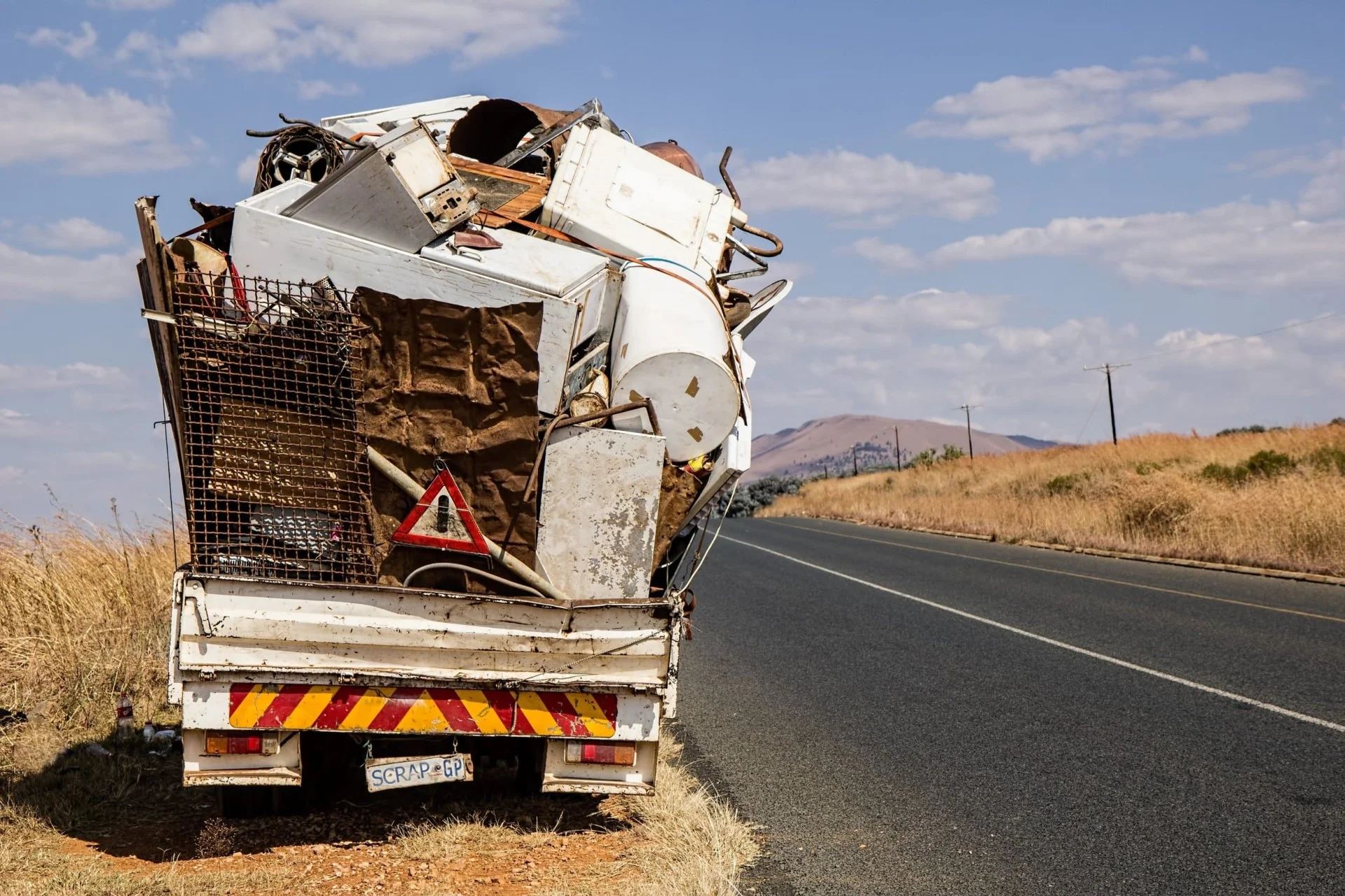Donald Trump’s McDonald’s Fascination and the Curious Case of Kamala Harris: Did She Ever Work There?

Introduction: Fast Food and Politics – A Modern Love Affair
Fast food has always been a quirky part of American culture, but when politicians make it part of their public persona, it takes on a life of its own. Former President Donald Trump has long embraced McDonald’s as a key part of his image, turning casual trips into viral moments. Whether it’s serving Big Macs at the White House or stopping by a McDonald’s on the campaign trail, Trump’s relationship with the Golden Arches always grabs attention.
But amidst all this buzz, a strange rumor about Vice President Kamala Harris has emerged: Did she ever work at McDonald’s? A quick internet search reveals a wave of curiosity surrounding the vice president’s alleged stint at the fast-food giant. In this post, we’ll dig into these viral moments and sort fact from fiction, exploring how fast food has become part of American political storytelling.
Trump and McDonald’s: A Big Mac Love Story
Donald Trump’s relationship with McDonald’s has been well-documented and even a bit legendary. He’s known for his love of fast food, particularly McDonald’s, which he often references during interviews and rallies.
Iconic Moments with Trump at McDonald’s
- Feeding Championship Athletes: One of the most famous McDonald’s moments came in 2019 when Trump served fast food (including McDonald’s burgers) to a group of college athletes at the White House. The image of silver platters holding piles of Big Macs went viral instantly.
- Campaign Trail Stops: Trump’s frequent visits to McDonald’s have made headlines during his campaign tours. In states like Iowa or Pennsylvania, his McDonald’s stops come off as a relatable gesture, painting him as a man of the people.
- Trump’s Feasterville, PA Appearance: During one of his campaign visits to Pennsylvania, Trump stopped at a McDonald’s in Feasterville. This became an instant talking point, with many wondering what he ordered and why the fast-food stop made news. It’s a prime example of how his love for the Golden Arches resonates with his supporters.
The Appeal of Trump ‘Working’ at McDonald’s
Social media has a way of spinning ideas into fantasy, and jokes about Trump working at McDonald’s are no exception. Memes and viral posts imagining Trump behind the counter flipping burgers or taking orders spread quickly. While the thought of Trump “working” at McDonald’s is purely fictional, these memes tap into the humorous side of the former president’s connection with the chain.
Did Kamala Harris Ever Work at McDonald’s? Sorting Fact from Fiction
In the age of the internet, even the most far-fetched ideas can take on a life of their own. One peculiar search query that’s gaining traction is: Did Kamala Harris work at McDonald’s? Let’s set the record straight.
The Origin of the Rumor
There is no verified source or credible evidence indicating that Vice President Kamala Harris ever worked at McDonald’s. This appears to be one of those internet rumors that spread without any factual basis. Whether it started as a joke or a misunderstanding, it has managed to create buzz, with people searching to confirm the story.
Why the Rumor Matters
While the idea of Harris flipping burgers at McDonald’s is untrue, it reveals something interesting about how public figures are perceived. Stories that make politicians seem more relatable—whether real or fabricated—tend to stick. For example, stories about Harris working odd jobs might resonate with people looking for a relatable side of the vice president. In this case, the rumor is simply false.
Why Do Politicians Gravitate Toward McDonald’s?
For Trump, McDonald’s has become more than just a meal—it’s a campaign prop. Politicians often make public appearances in fast-food restaurants to appear down-to-earth, and McDonald’s holds a special place in American culture.
Connecting with the Public
Fast food is affordable, accessible, and part of many Americans’ daily routine. By showing up at McDonald’s, politicians convey a sense of familiarity and relatability, as if to say, “I’m just like you.” Trump has capitalized on this imagery better than most, blending his love for McDonald’s with his populist appeal.
From Clinton to Trump: Fast Food in Political Culture
Donald Trump isn’t the first politician to embrace fast food. Bill Clinton was often spotted at McDonald’s during his campaigns in the 1990s, and Barack Obama occasionally made news for stopping by burger joints with his staff. However, Trump’s public persona is perhaps the most closely tied to fast food, with McDonald’s becoming almost synonymous with his brand.
Trump’s Recent McDonald’s Visits: Feasterville and Beyond
One of Trump’s more recent McDonald’s stops occurred in Feasterville, PA, during a campaign tour. This visit sparked curiosity, as many wondered: What did Trump order this time? His appearances at McDonald’s often feel spontaneous, but they serve a strategic purpose, too. These stops are a way to connect with voters in battleground states, offering a chance for photo-ops and viral moments.
For instance, supporters love to speculate about what’s in Trump’s go-to McDonald’s order, and such trivial details often dominate the headlines. Whether intentional or not, these moments keep Trump in the public conversation, blending humor with media strategy.
The Symbolism of McDonald’s in American Politics
McDonald’s holds a unique place in American life, embodying both comfort and controversy. In politics, it has become a symbol of populism. When politicians dine at fast-food chains, it signals that they are in touch with the everyday experiences of average citizens.
- Populism and Fast Food: Eating at McDonald’s sends a message that even powerful leaders can enjoy simple pleasures. It’s a strategy to appeal to working-class voters, who see fast food as part of their daily lives.
- Criticism and Humor: Of course, not everyone sees these appearances as genuine. Some view them as political theater—staged events meant to grab attention and distract from more serious issues.
Conclusion: Fast Food, Politics, and Viral Rumors
| Topic | Donald Trump | Kamala Harris | Additional Notes |
|---|---|---|---|
| Connection to McDonald’s | Frequently seen at McDonald’s; known for ordering fast food during campaigns and public stops. | No real connection to McDonald’s; viral rumors suggest she worked there, but this is false. | Trump uses McDonald’s stops to connect with voters and gain media attention. |
| Famous McDonald’s Moments | Served McDonald’s to college athletes at the White House. Regularly eats McDonald’s on campaign tours (e.g., Feasterville, PA). | No confirmed McDonald’s-related moments or jobs. | Trump’s fast-food moments align with his populist image. |
| Viral Rumors/Memes | Memes jokingly imagine Trump “working” at McDonald’s. | Rumor that Harris worked at McDonald’s—untrue but widely searched. | Both reflect the internet’s obsession with blending politics and humor. |
| Purpose of McDonald’s Visits | Connect with supporters and reinforce a relatable, down-to-earth persona. | N/A | Fast food appearances can create viral, positive media coverage. |
| Recent Appearance (2024) | Feasterville, PA: Trump stopped at McDonald’s during campaign events. | N/A | PA is a battleground state, making such visits strategic. |
| Fast Food in Political Culture | Following Clinton and Obama’s occasional fast food stops, Trump turned McDonald’s into part of his public persona. | No known public association with fast food culture. | Trump’s embrace of McDonald’s is uniquely tied to his brand. |
| Internet Search Trends | Searches include “Trump working at McDonald’s” and “Trump at McDonald’s today.” | “Did Kamala Harris work at McDonald’s?” frequently searched despite lack of evidence. | Both politicians are frequently targeted by humorous or speculative online searches. |
In a world where every move by public figures is scrutinized, even something as trivial as eating at McDonald’s can become a viral moment. Donald Trump’s relationship with McDonald’s is both humorous and symbolic, capturing a blend of populism, personal preference, and media strategy. His frequent visits—like the one in Feasterville, PA—only add to the mystique.
Meanwhile, the curious case of Kamala Harris and McDonald’s is a perfect example of how internet rumors can spiral out of control. Despite the surge in searches, there’s no evidence that Harris ever worked at the fast-food giant, but the very existence of the rumor highlights how quickly misinformation spreads in the digital age.
Whether it’s a Big Mac with Trump or a wild rumor about Harris, these moments remind us that politics today is as much about personality and perception as it is about policy.



